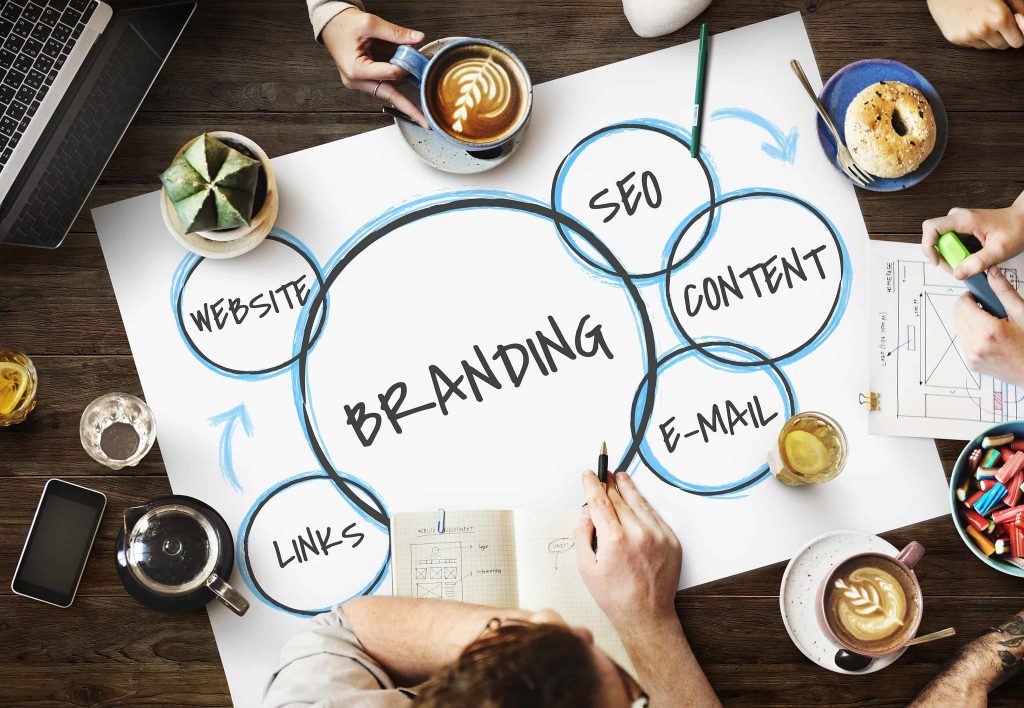
The next generation in the working world have very different ways of doing business – with therapists on speed dial and plenty of time for an out-of-work side hustle. With some of them having more jobs since graduating than they can count on one hand. Now, you may think that this generation is just lazy, with the anti-work memes on TikTok going viral right now, and aren’t possibly too fussed about climbing the career ladder at all, but actually, they’re just very hard-working with totally different goals.
The 12.6 million Gen Z-ers in the UK right now might well enter an industry which their parents won’t have even heard of. Research has shown that more than two-thirds of parents of 11 to 18 year-olds in the UK feel overwhelmed as their children express interest in careers they know nothing about. Companies do just look for above entry level candidates with one or two years’ experience, but are struggling due to the fact young people haven’t been able to grab the right experience because of the pandemic, and now travel is getting back on track, younger people are taking delayed gap years. But Gen Z-ers are looking for something that differs from work – and employers are finding it hard to understand and manage them.
A Career Made for a Portfolio
If you are in the same team as a Gen Z-er, there are high chances that they’re going to have some part-time jobs or at least one side hustle behind-the-scenes, and they definitely won’t hold back when asking the boss for flexible hours to balance their focus on work and their passion project. Obviously it is important to have creative outlets that aren’t just your main job, and employers should encourage that.

This generation has grown up with portfolio careers and the gig economy, they’re incredibly innovative and entrepreneurial. There has been research that found that 62% of Gen Z are planning on starting their own business. This is why employers need to flexible if they want to hang on to young talent.
Instagrammable Offices
According to some research studies, one quarter of Gen Z want a more instagrammable office. But that doesn’t just mean more flattering lighting to be more inclusive for mirror selfies, but it should be light, airy and spacious. It is fairly easy to lose motivation when you’re in a little cubicle on your own – you do want to come to work and feel some sort of inspiration.

Gen Z-ers are eagerly searching for office space that will serve them and the culture, with is being less about slides and ping pong tables and more so about it being a well-designed space that they can work and socialise seamlessly from. The fact of it having the wow factor for Instagram is just an added bonus in the grand scheme of things.
Shorter Working Week
Many of the UK’s workers are following a hybrid working model now, which does actually suit Gen Z’s down to the ground. Infact, 68% of them want to be in the office a few days a week. They do prefer this, with some saying they prefer the 5 days a week, but most of the younger workers actually are warming up the idea of 3 days in the office. The truth is, you will grow more as a person when you’re in the office, as apposed to not being there. You will be able to learn from your colleagues, and the big thing is that you’re more productive.

It is clear to see that young people want choice and autonomy over whether they’re working from home or in the office, but a large number of them do prefer the office. It isn’t too surprising when realising that many of them will be trying to work from a cramped house if they’re at home, and they are always keen to learn by osmosis in the office.
Any Old Title
While Millennials might have cared about their job title, and Baby Boomers were obsessed with their business cards, Gen Z couldn’t care less. Getting themselves hung up over silly titles is a bit silly, with it feeling somewhat like a hangover from corporate culture which is really old fashioned now. A title is just some words, the work you do is what really matters.

Social media is the biggest influence in what has changed Gen Z’s perspective of what’s achievable and what isn’t at their age. There are 21 year old’s who describe themselves as “Head of Content” all because they put some posts onto Instagram. The on-the-job experience and the title doesn’t marry up, with also not knowing what titles mean. Younger people are in my jobs than ever before, many of them will see a job title such as “Account Executive” and they will scroll right past, not realising that it is actually a junior role.
Wellbeing Benefits
As you might expect from a generation which is graduating into one of the most uncertain times in history, Gen Z-ers don’t care too much about a pension plan. A survey found out that 45% of “next gen” – defined as 18-35 year old’s do not see a point in saving. However, what they do care about is wellbeing and they want a benefits plan that reflects that. There are younger people who expect a subscription to an online therapist as standard. They have some of the best priority with their own mental health in a way no other generation has seen before, with the addition of flexible benefits being desired too, as they can pick and choose whether they want extra holiday days or volunteering days and so on.

Some Gen Z-ers desire quite a few things in the office – with some being a gym and a fully stocked fridge being a couple of benefits. Some people higher up in the company may not realise how much of a difference things like that actually make. Now younger people are quickly growing up, they have worked out the value of healthcare benefits, with them only just realising how expensive the dentist is.
The Novelty Factor
If Millennials were the generation to drive The Great Resignation, then Gen Z are all about The Great Reshuffle. They go from job to job quicker than you can say “P45”. Research does show that Gen Z-ers spend an average of two years and three months in a role (compare this to Baby Boomers who spend a whopping eight years and two months in a position). LinkedIn actually noticed that job transitions had increased by 54% year-on-year. The number of Gen Z-ers transitioning into new jobs is even higher, which lies at 80%.

There are viral career coaches on TikTok who say you shouldn’t be in the same job for more than two years, saying that a year and a half or two years is ideal. But if its not the right job for you, then it is understandable to quit after a few months. There are a lot of people who get big jobs in big cities that have left after three months to go back to working in pubs because it wasn’t for them. life is way too short to commit yourself solely to your career.
Do you want to find your instagrammable office? Well, Officio is here to help you find that office space to rent, with plenty of options to choose from. Contact us here or give one of our team a call on 020 3053 3882, we’re definitely happy to help.